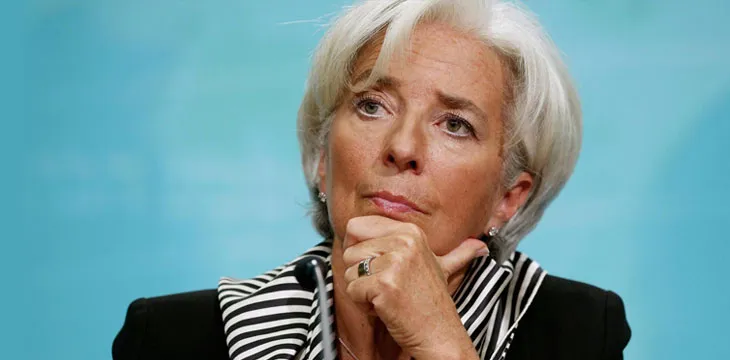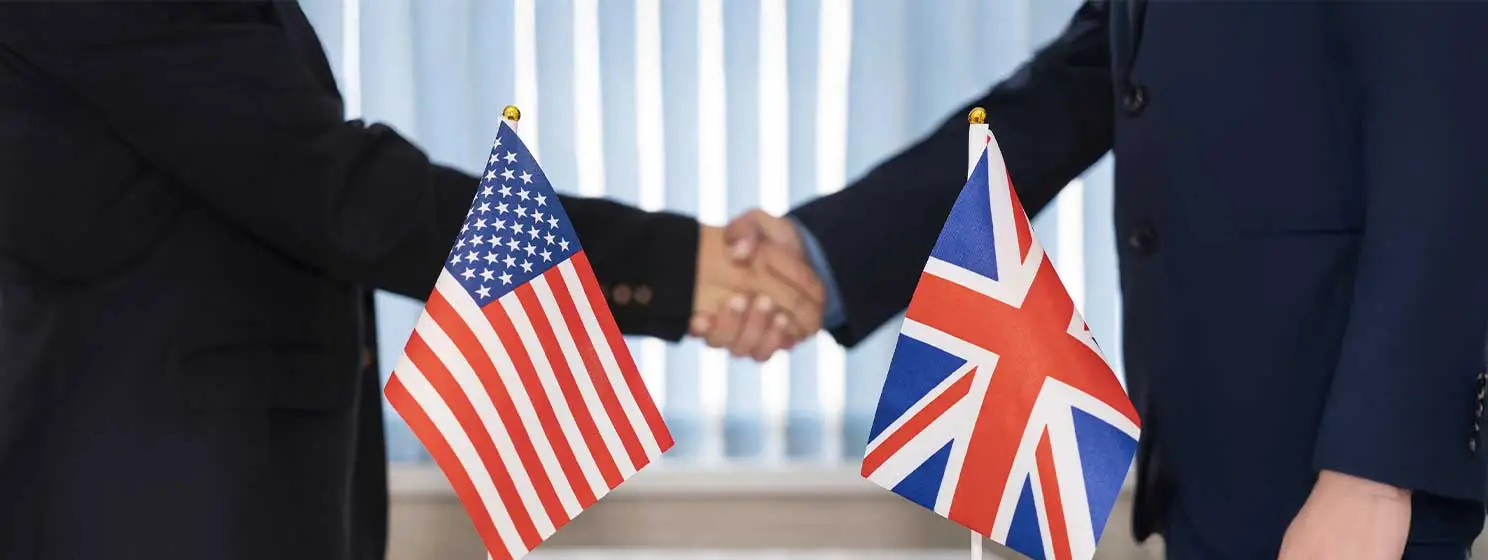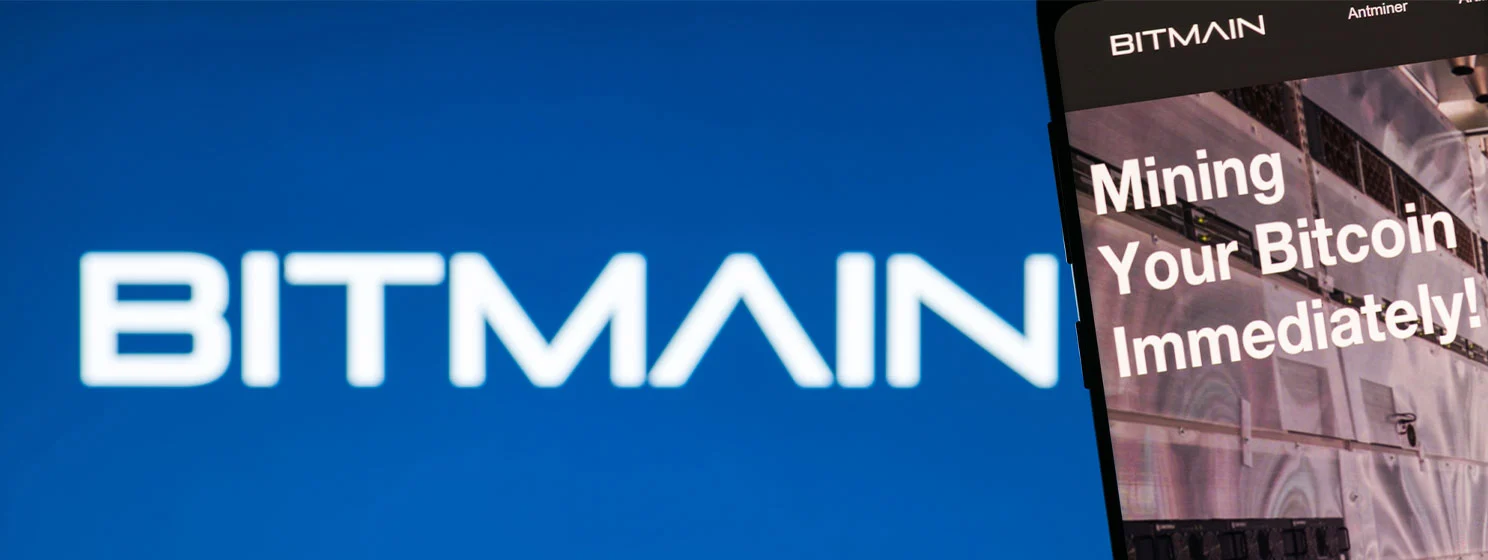|
Getting your Trinity Audio player ready...
|
It’s bound to happen sooner or later. The cryptocurrency industry has been able to operate freely, without any concrete legislative oversight. There have been attempts to control the markets, but there haven’t been any widespread controls put into place. That could change, though, if the head of the International Monetary Fund (IMF) finds her prediction to come true.
Christine Lagarde, managing director of the IMF, is concerned that cryptocurrencies can be used for illicit financial activities. It’s a valid concern, and there have been numerous cases to support her stance. The agency, which is tasked primarily with helping to maintain economic stability on the global stage, already engages in anti-money laundering activities, as well as trying to control the financing of terrorism.
The move to take a more active role in monitoring and controlling cryptocurrency usage in questionable activities would be a step for the organization. Lagarde has repeatedly expressed her belief that cryptocurrencies need to be taken seriously.
She has called for global cooperation among regulators around the world, and is supported by several world leaders, including UK Prime Minister Theresa May, U.S. Treasury Secretary Steven Munchin and French President Emmanuel Macron.
French and German officials expect cryptocurrencies to be discussed at length ahead of a G20 summit next month. The head of the IMF warned last month that central banks and financial services should pay greater attention to the fast-evolving world of cryptocurrency. Munchin has already started the push in the U.S. through the creation of a working group in the Financial Stability Oversight Council tasked with carrying out discussions with other U.S. regulators on the future of cryptocurrencies in the country.
There have been repeated concerns regarding the use of cryptocurrencies in money laundering, tax evasion and fraud and terrorist financing. While these concerns should be taken seriously, it’s necessary to point out that even fiat currency has been used for centuries to perform the same nefarious acts. It would probably benefit the cryptocurrency community to some degree if some form of global oversight were embraced. It would provide an additional level of credibility to the industry, and attract more serious attention to digital currency usage.
A sensible regulation, according to nChain Group CEO Jimmy Nguyen, is what the cryptocurrency community needs. And to be considered sensible, the regulation must have two things: First, governments need to recognize cryptocurrencies as a legal tender; and second, the regulation needs to have a clear definition of what it does and does not cover.
“The reality is you can’t regulate the network because it’s decentralized but all of the companies including people in this room who operate businesses interfacing with Bitcoin and real life consumers, I’m going to tell you, regulation is coming and it’s OK. You should be thankful for it, [as] it would normalize and support the industry,” Nguyen said.

 09-16-2025
09-16-2025 





